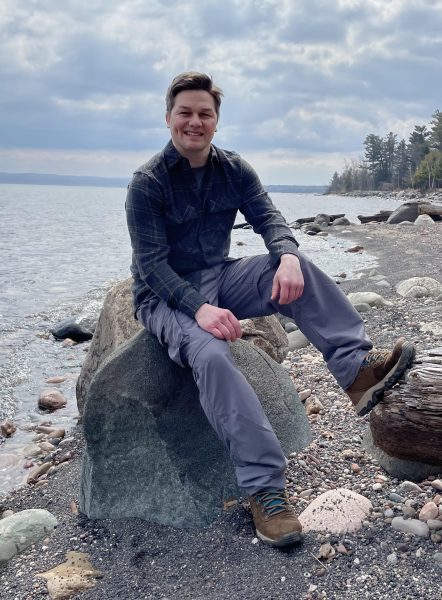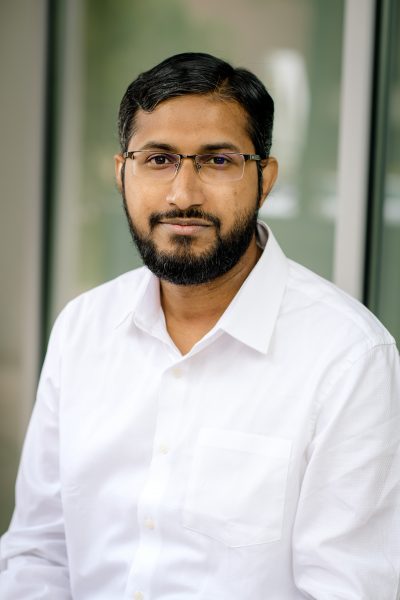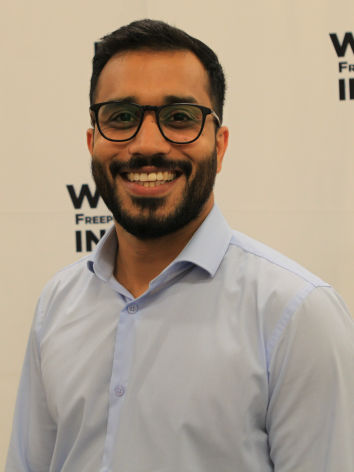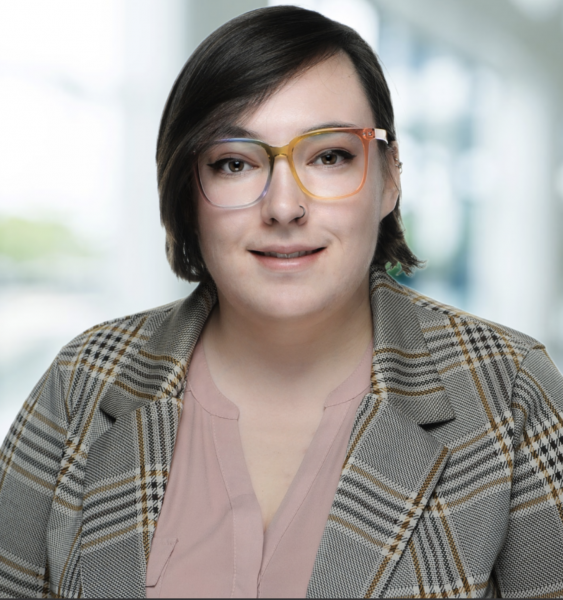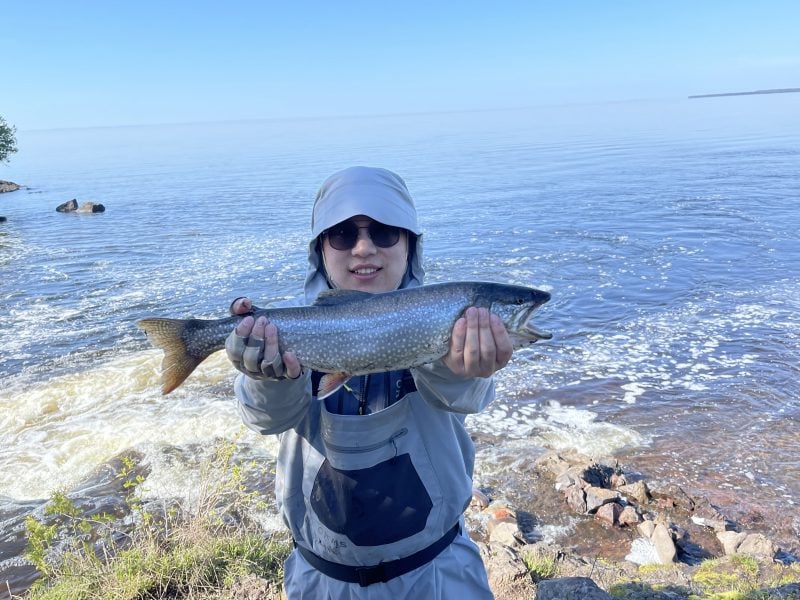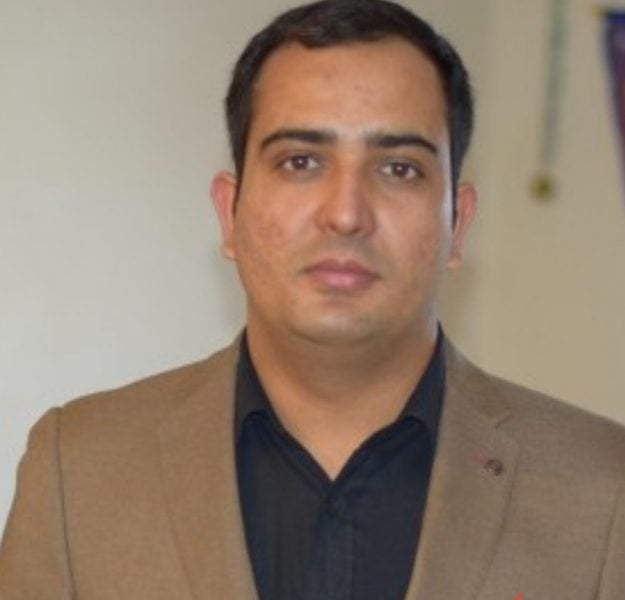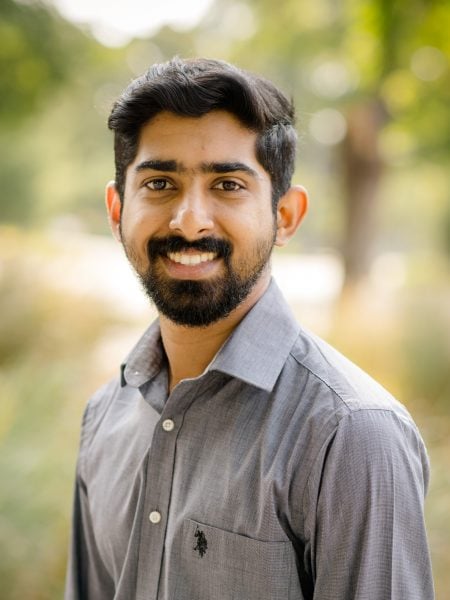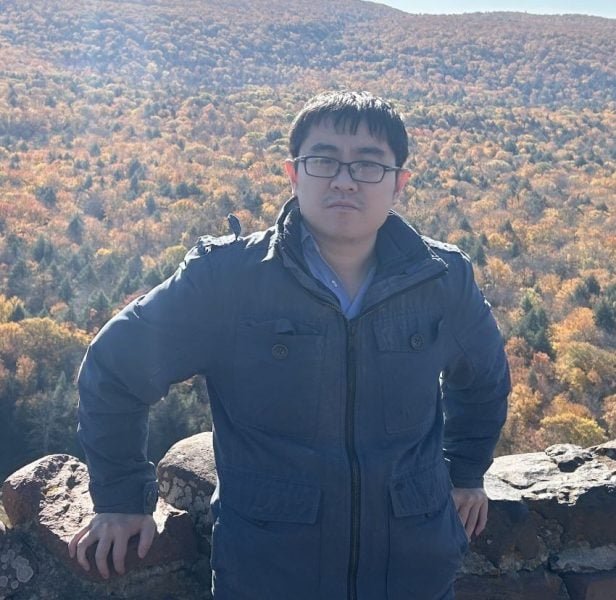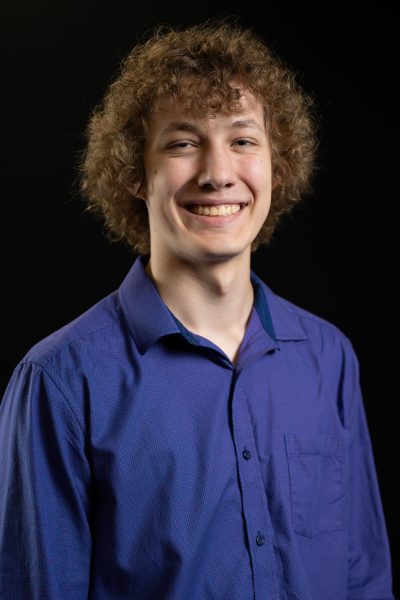
My name is Jacob Jackson and I’m a second year PhD candidate in the Biomedical Engineering department focusing on optimizing deep brain stimulation for Parkinson’s Disease (PD). I am a part of Dr. Traci Yu’s lab where I combine optogenetics and adaptive deep brain stimulation to improve effectiveness and reduce adverse effects of PD treatment.
Current deep brain stimulation treatment uses continuous, high-frequency electrical stimulation in individuals living with PD. While effective in reducing motor symptoms, it is often accompanied by neurological and psychiatric adverse effects that limit improvements in quality of life. To reduce adverse effects, we can combine optogenetics with adaptive deep brain stimulation (aDBS) to spatially and temporally optimize treatment. Optogenetics involves genetically modifying the target neurons to receive light as a stimulus. This allows for only the target structure to be stimulated rather than a large area with electrical stimulation. aDBS uses abnormal neural activity in the brain to act as a controller for stimulation. Stimulation will then be delivered only when the brain needs it to reduce unnecessary activation. By combining these two techniques, we aim to develop a more targeted and efficient treatment for improving PD.
I am incredibly grateful for the opportunity to continue my research this summer, made possible by the support of the DeVlieg Foundation. This funding will enable me to fully dedicate my time to designing, testing, and verifying optogenetic aDBS algorithms to reduce motor symptoms and pathological neural activity in PD.
